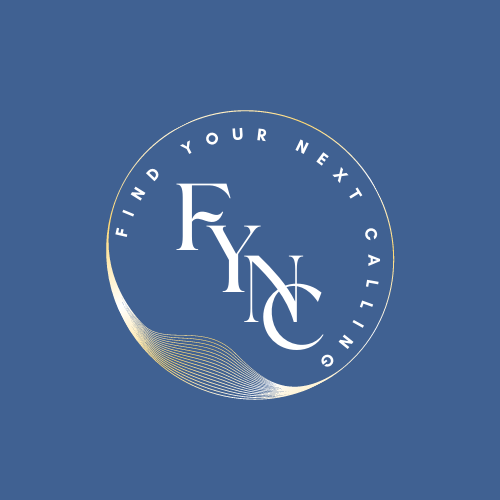From “Trust Agents: Using the Web to Build Influence, Improve Reputation, and Earn Trust” by Chris Brogan and Julien Smith
We all know what the word media means, but in his 1964 book, Understanding Media: THe Extensions of Man (from which comes the famous slogan, “The medium is the message”), author Marshall McLuhan describes a medium as any extension of the human body. We like to think of media in the same way.
By expanding our ideas of what a medium is to McLuhan’s definition, we come to see that wheels are a medium, because they are extensions of our feet, and that money is a medium that extends human power. It follows that we view online social networks (the Facebooks and Twitters of our time) as media, not because they help us communicate, but because they extend human relationships. This is something that neither television nor radio ever could have done, because they were all one-way. E-mail never did it as effectively, either, because the communication didn’t occur in a public space. Now, with the advent of blogs, our communications can reach everyone, and thus we can connect with everyone, because they can respond to us directly.
There’s a big difference in the way traditional print, radio, and television media was used from the 1950s until present. These extensions let us blast something to everyone who had a receiving device. Newspapers, magazines, television, and radio were all different ways to interrupt people, grab their attention, and shove a message into their thought processes. In the case of television, and during the heyday of print advertising, something interesting was happening: the mix of it being a novelty (not everyone had a TV, so conversations were often about every detail and nuance of the experience) and being persuasive before we had tools to counter any claims ( a few scant years earlier, the radio drama, War of the Worlds, was mistaken as being a true news report of an alien invasion). This has changed over the past number of years, and even more powerfully in the past few (from around 2001 until the present).
Somewhat along the line, institutions took ownership of certain media. Newspapers won’t print anything you send them. Televisions won’t play the video you made, and radio doesn’t always play the songs you want or read the news you feel is important.
Over the past year, all of these systems have met with competition from an entirely unexpected source: you. You can print anything you want on your blog. You can post any video you want on YouTube, Blip.tv, or several services. You can make your own music and share it; you can podcast whatever appeals to you. Because of this, McLuhan’s true vision of media as an extension of ourselves is truer than ever. We’ve chosen to make the next media ours, and we’ve shaped our own media to be an extension of our own views, our own businesses, and our tribes.
We see now why this is an important time and why the communicators of today need a new title: that of trust agent.
#discernment #calling #ikigai #secondcalling #yourcalling #findyournextcalling #newcalling #entrepreneur #entrepreneurship #startup #pastor #minister #chaplain #spiritualentrepreneur #callingjourney #callinginspiration #passionandpurpose #followyourcalling #unleashyourpotential #pursueyourpassion #findyourpurpose #lifecalling #callingdiscovery #explorenewcalling #FindYourPath #EntrepreneurSpirit #SpiritualJourney #PurposefulLiving #BusinessWithPurpose #AwakenYourSoul
